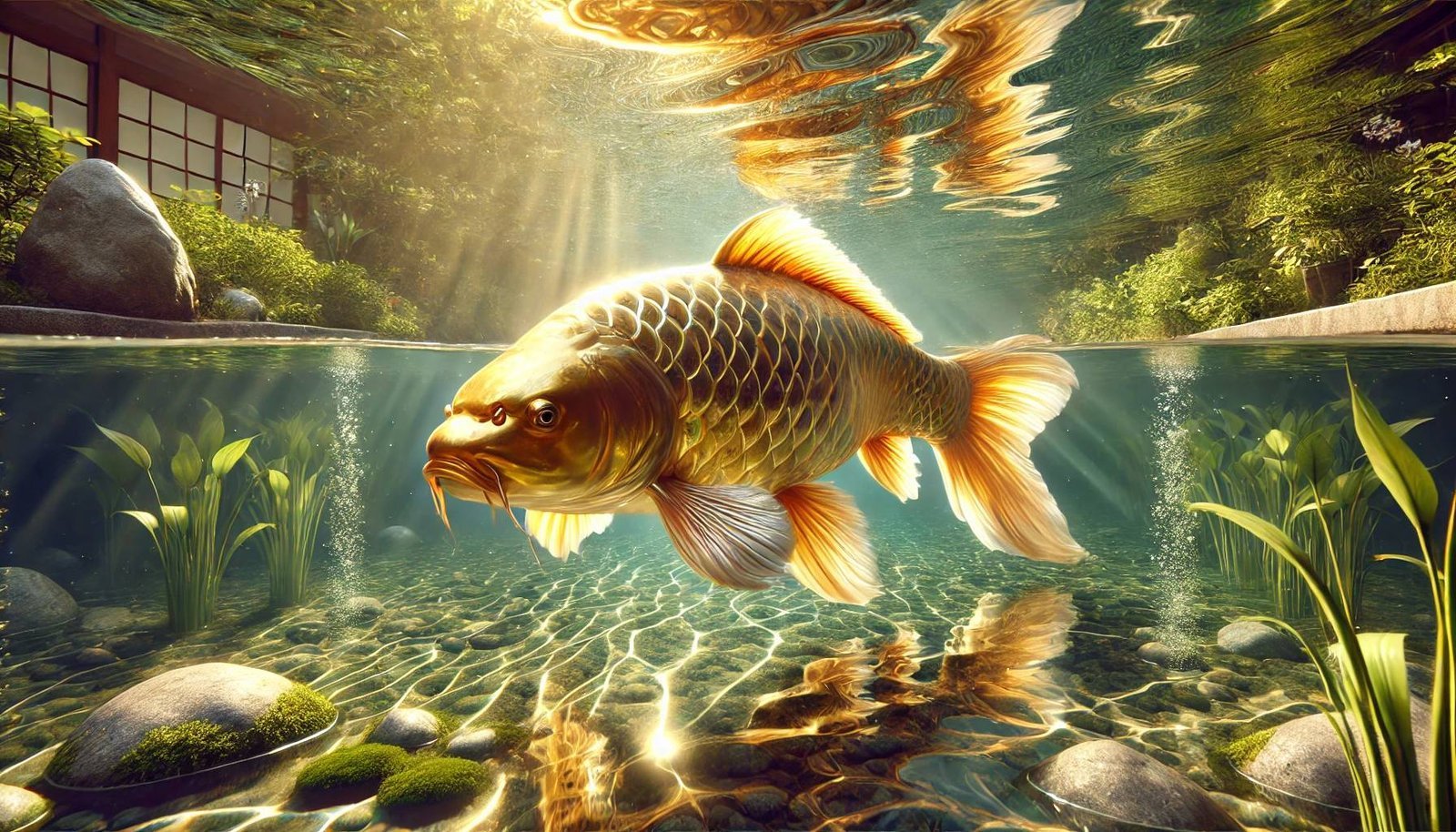Introduction What is Mukashi Koi
Mukashi Koi or “Ancient Love,” is a term deeply rooted in Japanese culture and storytelling. It represents timeless, passionate love stories that transcend time, often woven into folklore, literature, and art. These tales hold a mirror to human emotions, highlighting themes of devotion, sacrifice, and the profound connections that define human relationships. In this article, we will delve into the essence of Mukashi Koi, exploring its origins, significance, and timeless appeal.
Origins of Mukashi Koi
The Roots in Japanese Folklore
The concept of Mukashi Koi finds its earliest mentions in Japanese folklore, where stories of love and tragedy captivated audiences. Classic tales like “The Tale of Genji,” often referred to as the world’s first novel, beautifully capture the complexities of love in ancient Japan.
The Tale of Genji
Written by Murasaki Shikibu during the Heian period, this literary masterpiece narrates the life and romantic escapades of Hikaru Genji, a nobleman. The story’s poetic expression of love and longing set the foundation for many Mukashi Koi themes, including:
- Ephemeral beauty: Acknowledging the transient nature of life and love.
- Unattainable desires: Highlighting the pain of unfulfilled longing.
Influence of Buddhist Philosophy
Buddhism’s teachings, which emphasize impermanence, heavily influenced Mukashi Koi stories. Love, often depicted as a fleeting yet powerful emotion, became a metaphor for life’s transitory nature.
Characteristics of Mukashi Koi Stories
Emotional Depth
Mukashi Koi tales are known for their emotional intensity. They portray:
- Sacrifice: Characters often make significant sacrifices for their beloved.
Examples of Enduring Love
One such tale is “Urashima Tarō,” where a fisherman’s love for a sea princess takes him to an underwater palace. Though magical, their love’s ultimate tragedy mirrors the human experience of loss and longing.
Symbolism in Mukashi Koi
These stories frequently use symbols to convey deeper meanings:
- Cherry blossoms: Represent the fleeting beauty of life and love.
- Cranes: Symbolize longevity and loyalty in relationships.
Mukashi Koi in Modern Culture
Influence on Literature and Film
The timeless nature of Mukashi Koi continues to inspire contemporary works. From novels to movies, its themes remain relevant, bridging the gap between ancient and modern audiences.
Studio Ghibli’s Take
Animated films like “The Tale of the Princess Kaguya” draw heavily from Mukashi Koi themes, portraying love’s bittersweet nature.
Mukashi Koi and Pop Culture
In recent years, manga and anime have brought Mukashi Koi themes to younger audiences. Popular series often incorporate:
- Historical settings: To recreate the ambiance of ancient Japan.
- Complex relationships: Reflecting the intricate emotions found in Mukashi Koi tales.
Why Mukashi Koi Resonates Today
Universal Themes
The universal appeal of Mukashi Koi lies in its exploration of emotions that transcend time and culture. Themes like:
- Unconditional love: Striking a chord with readers and viewers worldwide.
- The fragility of happiness: Encouraging a deeper appreciation for life’s fleeting moments.
Lessons from Mukashi Koi
Mukashi Koi stories often impart valuable life lessons:
- Cherish relationships: Recognize the value of loved ones.
- Embrace impermanence: Find beauty in the temporary nature of life and love.
Artistic Representations
From Ukiyo-e woodblock prints to modern digital art, Mukashi Koi’s themes have inspired countless artists. Visuals often depict:
- Romantic encounters under cherry blossom trees.
- Lovers separated by rivers or mountains, symbolizing their struggles.
Modern-Day Illustrations
Artists today reinterpret Mukashi Koi through:
- Digital illustrations shared on platforms like Instagram.
- Mixed media artworks blending traditional and contemporary styles.
Conclusion
Love stories, ancient or modern, have the power to inspire and move us. Subscribe to our platform for more insights into timeless tales, cultural explorations, and tips on appreciating the beauty of life and love.
Mukashi Koi, with its timeless themes and emotional depth, continues to captivate audiences across generations. These ancient love stories remind us of the profound connections that define





